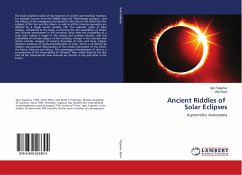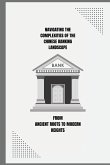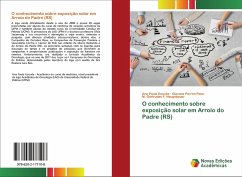The book examines some of the mysteries of ancient astronomical treatises, for example, known since the Middle Ages the "Wednesday paradox", and the history of the emergence and spread in the East of the belief that the eclipses of the Sun and the Moon, as well as all the Universe geometry are defined by a single sacred number 108. The calendar cycles of solar eclipses, considered in the book, confirming the old assumption of Indian and Chinese astronomers in 6-8 centuries, show that the probability of a total solar eclipse is larger in the spring and summer months, and the probability of annular eclipse, on the contrary, is larger in the autumn and winter months. Analysis of ancient chronicles of solar and lunar eclipses discovers evidence of gradual deceleration of time, which is confirmed by modern astronomical observations of the orbital movement of the Earth, the Moon, Mercury and Venus. The cosmological deceleration of time is a consequence of the irreversibility of "physical" time, which leads to the fact that all the characteristic time intervals are shorter in the past than in the future.
Bitte wählen Sie Ihr Anliegen aus.
Rechnungen
Retourenschein anfordern
Bestellstatus
Storno








